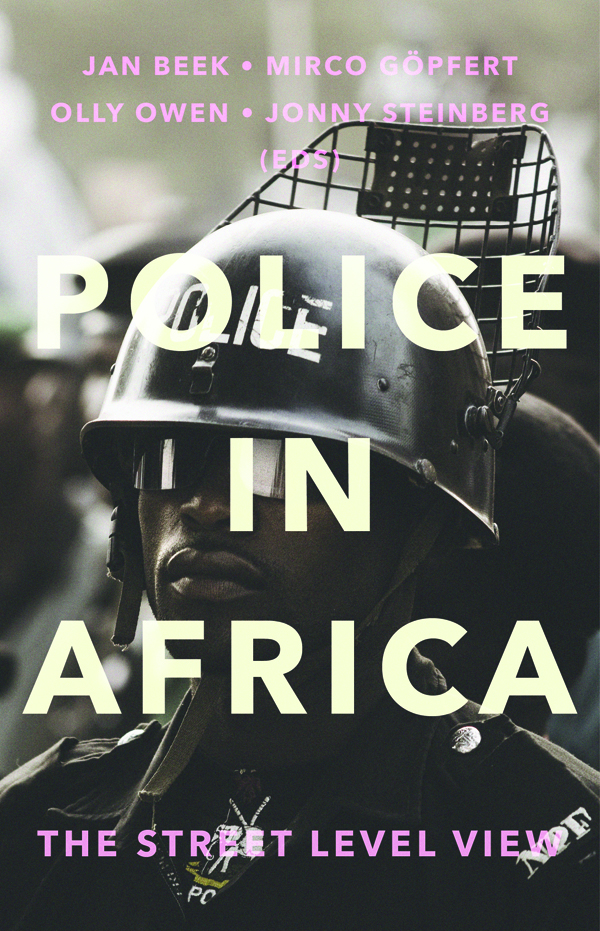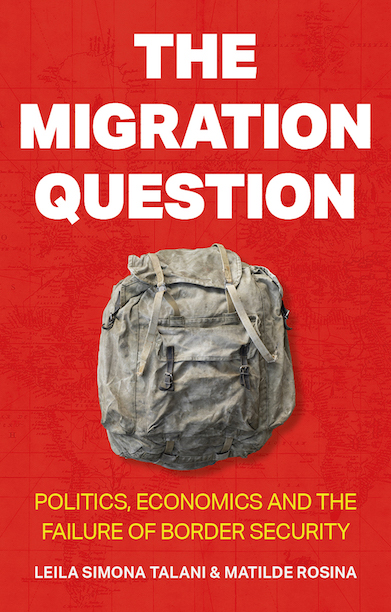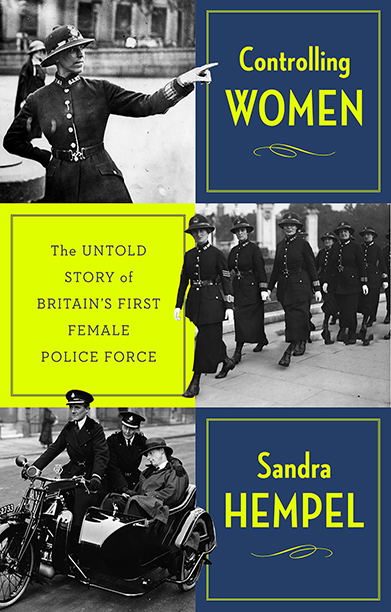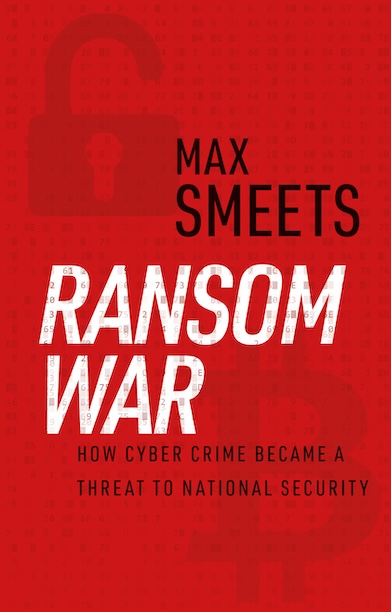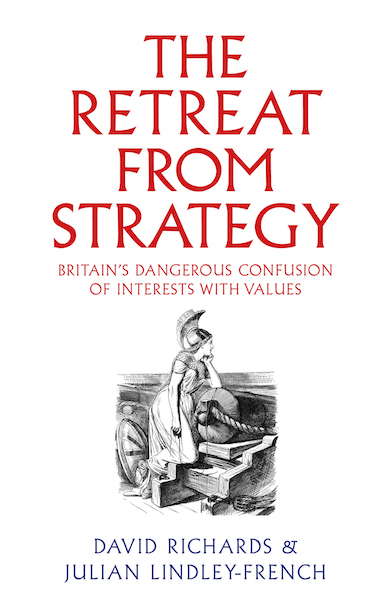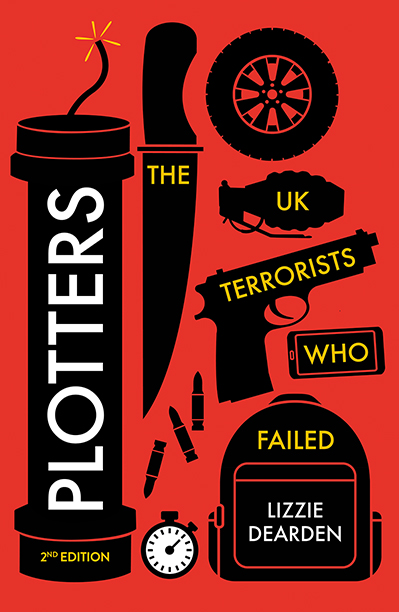Police in Africa
The Street Level View
Often overlooked by journalists and scholars, the police forces of the African continents are a significant and little-studied phenomenon. This book seeks to redress that lacuna.
Description
State police forces in Africa are a curiously neglected subject of study, even within the framework of security issues and African states. This book brings together criminologists, anthropologists, sociologists, historians, political scientists and others who have engaged with police forces across the continent and the publics with whom they interact to provide street-level perspectives from below and inside Africa’s police forces. The contributors consider historical trajectories and particular configurations of police power within wider political systems, then examine the ‘inside view’ of police forces as state institutions – the challenges, preoccupations, professional ethics and self-perceptions of police officers – and finally look at how African police officers go about their work in terms of everyday practices and engagements with the public.
The studies span the continent, from South Africa to Sierra Leone, and illustrate similarities and differences in Anglophone, Francophone and Lusophone states, post-socialist, post-military and post-conflict contexts, and amid both centralisation and devolution of policing powers, democratic transitions and new illiberal regimes, all the while keeping a strong ethnographic focus on police officers and their work.
Table of contents
Foreword: Towards What Kind of Global Policing Studies? — Professor Ian Loader
Policing in Africa Reconsidered — Jan Beek, Mirco Göpfert, Olly Owen and Jonny Steinberg
Section 1: What is the Police in Contemporary Africa?
- Policing Africa: Structures and Pathways — Klaus Schlichte
- What is the Concept of Professionalisation Good for? An Argument from Late Colonialism — Joel Glasman
- The Colonial Subtext of British-led Police Reform in Sierra Leone — Erlend Krogstadt
- Policing During and After Apartheid: A New Perspective on Continuity and Change — Jonny Steinberg
- Historicising Vigilante Policing in Plateau State, Nigeria — Jimam Lar
Section 2: Who are the Police in Africa?
- Who are the Police in Africa?— Thomas Bierschenk
- Somewhere Between Green and Blue: A Special Police Unit in the DRC — Laura Thurmann
- Moonlighting: Crossing the Public-Private Policing Divide in Durban, South Africa — Thessa Diphoorn
- Risk and Motivation in Police Work in Nigeria — Olly Owen
- Fighting for Respect: Violence, Masculinity and Legitimacy in the South African Police Service — Andrew Faull
Section 3: How are the Police Doing their Work?
- Policing Boundaries: The Cultural Work of African Policing — David Pratten
- The Belly of the Police — Julia Hornberger
- Inside the Police Stations in Maputo City: Between Legality and Legitimacy —Helene Kyed
- Money, Morals and Law: The Legitimacy of Police Traffic Checks in Ghana — Jan Beek
- Soft Law Enforcement in the Nigerien Gendarmerie: How a Case is Born — Mirco Göpfert
Epilogue Alice Hills
Reviews
‘[A] collection of insightful ethnographic studies of policing in sub-Saharan Africa.’ — Foreign Affairs
‘This excellent collection resituates ethnography at the heart of policing studies through detailed and rigorous case studies into the everyday practice and contradictions of policing. In doing so it offers fresh and important insights into how we understand social conflicts and the state in Africa’. — Alexander Beresford, Associate Professor in African Politics, University of Leeds, author of South Africa’s Political Crisis: Unfinished liberation and fractured class struggles
‘Combining historical, anthropological and political approaches to the police, this remarkable collection of case studies offers a crucial addition to the analysis of an institution regrettably understudied in Africa. A thorough and scrupulous inquiry into the ordinary work of law enforcement, it is a unique contribution to the comprehension of the repressive arm of the African state.’ — Didier Fassin, Visiting Professor, Princeton University, author of Enforcing Order: An Ethnography of Urban Policing
‘A remarkable ethnography, countering the dominant narrative on the corruption of law enforcement in particular and of the state in general. Not only does the book shed light on state formation in Africa, but it can also help us to reflect on the crisis of the police institution in Western countries.’ — Jean-François Bayart, Honorary Research Fellow, Sciences Po CERI, author of The State in Africa
‘The book offers deep theoretical and historical engagements as well as innovative methodological approaches in order to advance our understanding of the literature on policing. It is a major contribution not only to policing studies in Africa, but also to the ways in which policing is thought about in the rest of the world.’ — Luke Sinwell, senior researcher with the South African Research Chair, University of Johannesburg, co-author of Marikana: A View from the Mountain and a Case to Answer
‘These excellent studies of different police forces across Africa are greatly advantageous to the overall study of policing. Police in Africa provides detailed, nuanced analysis. The relevance of their findings extend far beyond their given context, and expands our understanding concepts such as the role of the state and bureaucracy, in Africa.’ — Julia Eckert, Professor of Political Anthropology at the University of Bern, co-editor of Anthropological Theory
Editor(s)
Jan Beek is a researcher at AFRASO, Frankfurt.
Mirco Göpfert is a lecturer in social and cultural anthropology at the University of Konstanz.
Olly Owen is research fellow at Oxford University’s Department of International Development
Jonny Steinberg is Associate Professor in African Criminology at Oxford University.
